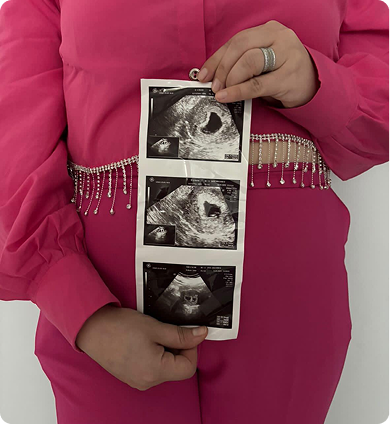For Men
Semen Analysis: Assesses sperm count, motility, and morphology to determine overall sperm health.
Hormone Testing: Evaluates testosterone and other hormones critical for sperm production.
Genetic and Chromosomal Screening: Identifies hereditary factors or chromosomal abnormalities that may impact fertility.
Physical Exams: Detects structural or anatomical issues, such as varicoceles or blockages.
Advanced Imaging: Uses ultrasound or MRI to evaluate testicular and reproductive anatomy when necessary.











